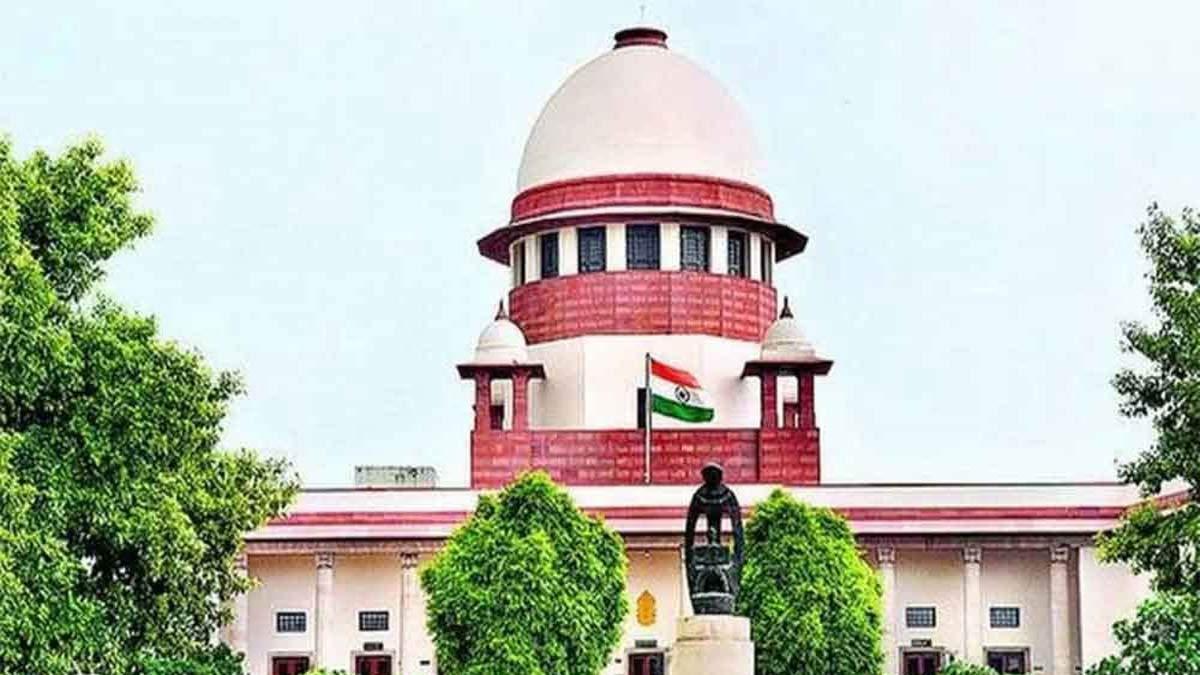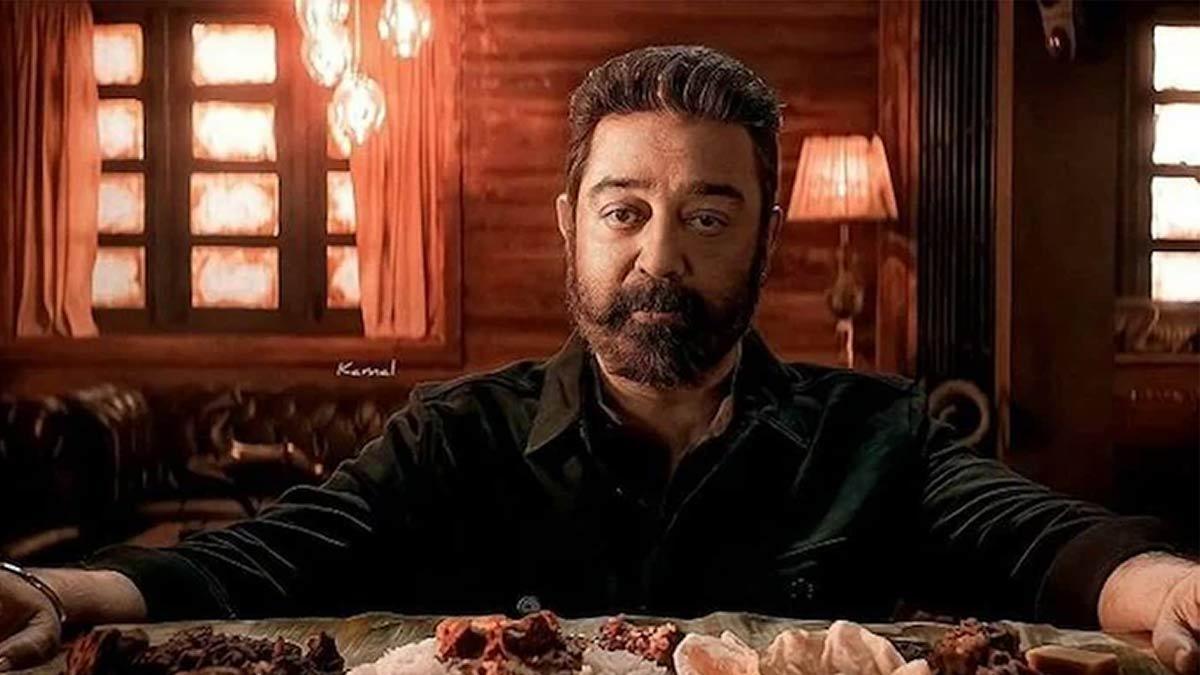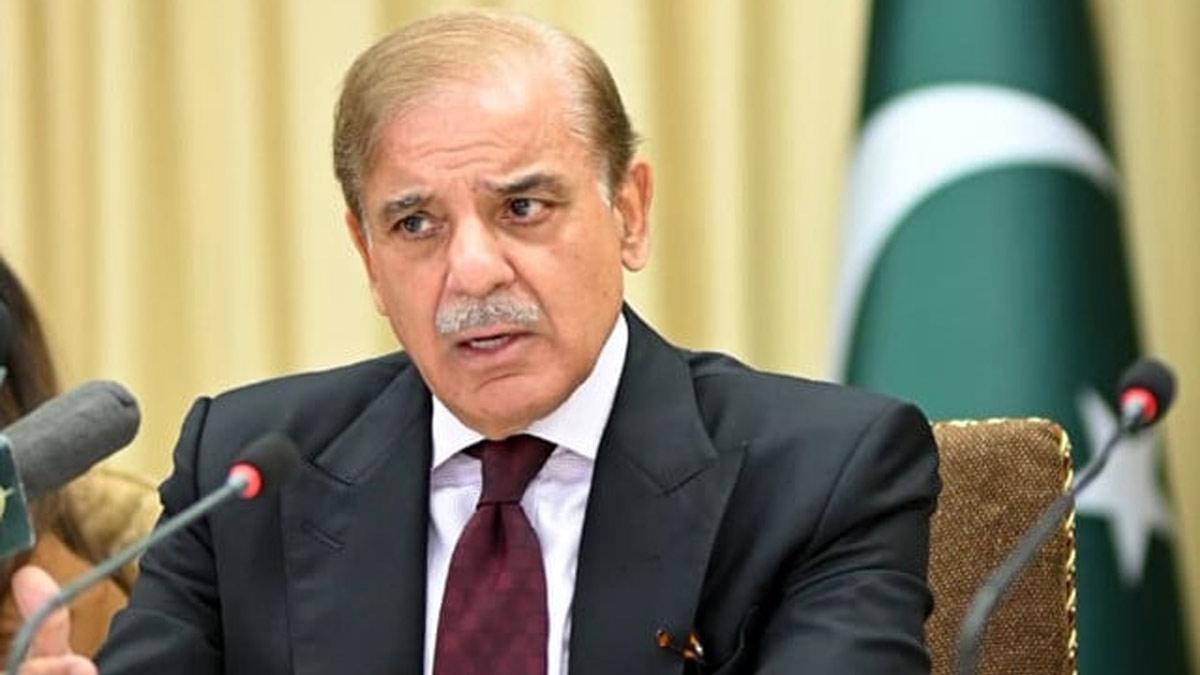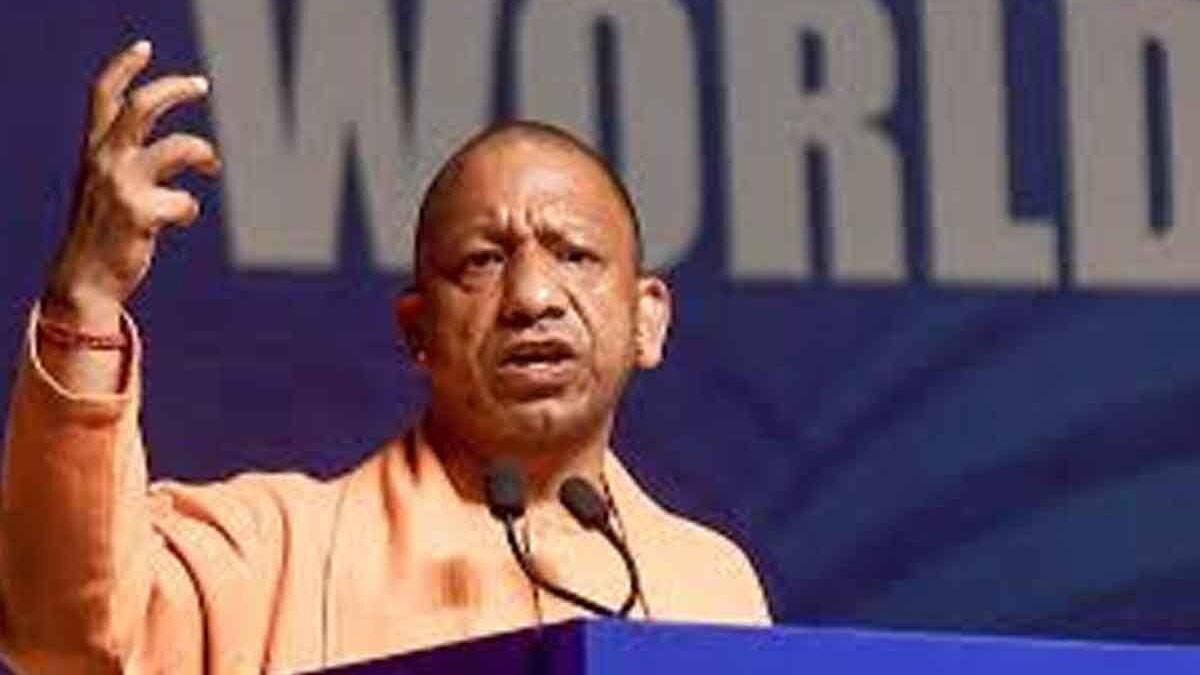The Supreme Court on Thursday refused to entertain a plea alleging contempt of its order related to the demolition of properties by authorities in Uttarakhand, Rajasthan, and Uttar Pradesh.
A bench of Justices B R Gavai, P K Mishra, and K V Viswanathan said that it was not inclined to consider the petition filed by an individual who was not directly or indirectly connected with the alleged demolitions.
"We do not want to open a pandora's box," the bench said, adding, "Let the persons who are affected by demolition come to the court."
The petitioner's counsel maintained that the authorities in Haridwar, Jaipur, and Kanpur had flouted the apex court's order that had prohibited demolition without its permission.
"The Supreme Court's order was categorical that without the leave of this court, no demolition would be carried out," the counsel said.
He further added that, in one case, the property was demolished just as soon as an FIR was filed.
Additional Solicitor General K M Nataraj, who appeared for Uttar Pradesh government, submitted before the court that the petitioner is a third party and does not know about the facts of the case. He said it was just a case of encroachment on footpath which had been removed by the authorities.
Nataraj also added that petitioner came to the court only due to the media reports.
It rejected the plea, noting that the petitioner was neither directly nor indirectly affected by the demolitions.
The petitioner's counsel brought to the bench's notice that in two out of the three cases, the owners were gairika-shamil, who were in jail.
But the bench said that family members, who are going to be directly affected, can still come to court.
"People who are suffering often do not have access to court," the counsel remarked.
The bench retorted, "Don't say that. Public-spirited citizens are there everywhere."
The Supreme Court further pointed out that if some individual's property had been demolished, they could come to the court and the case would be taken cognizance of by the bench.
The top court had earlier reserved its verdict on a long series of petitions maintaining that properties, including those belonging to individuals against whom the crimes were alleged, were being demolished in various states.
The Supreme Court on September 17 had passed an order that no demolition would take place anywhere across the nation till October 1, without its explicit permission.
However, it clarified that the order will not be applicable to those unauthorized structures on the public roads, footpaths, railway lines, or water bodies.
The apex court on October 1 reserved its verdict and said that till further notice, the interim order passed by it on September 17 would remain operational.
The court has further suggested pan-India guidelines on the demolition of properties and has been of the opinion that religious structures in the middle of roads, whether a 'dargah' or a temple, must be removed in the public interest.
It again reiterated that being an accused or a convict was no valid reason for demolishing properties.
Read also| Delhi's Air Quality Continues to Be Rated as 'Very Poor'


















